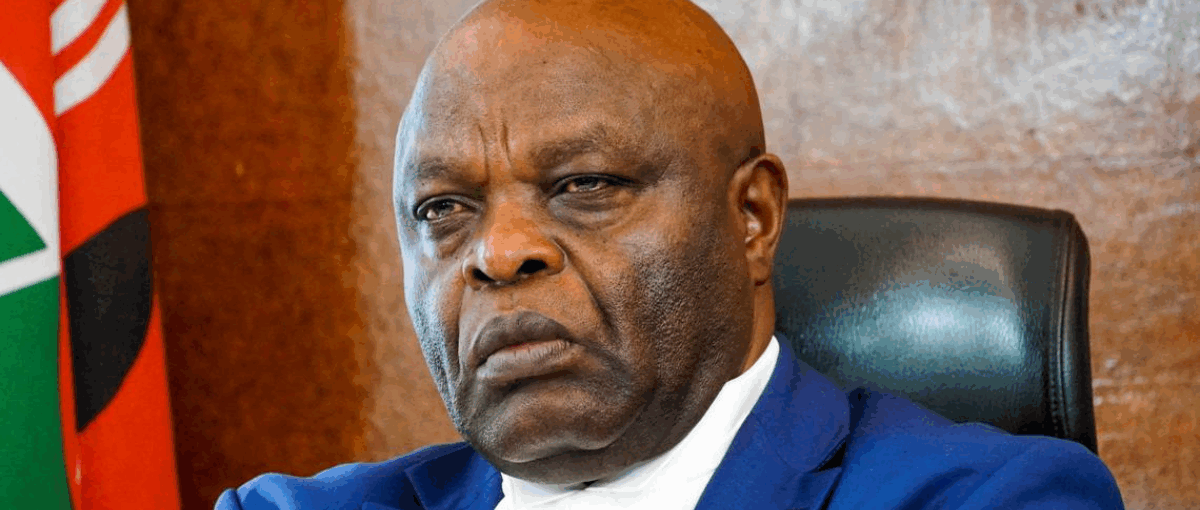A seven-year legal battle by a former international athlete has ended in a historic ruling by the High Court in Eldoret, opening the door for broader recognition of transgender rights in Kenya.The Atheists In Kenya Society applauds Justice Reuben Nyakundi’s bold and groundbreaking judgement that upheld the right to identify as a Transgender in Kenya.
Justice Reuben Nyakundi, in a judgment delivered this week, declared that the petitioner — referred to in court as C.K to protect her identity — should be legally recognised as a transgender woman.
The judge said C.K had demonstrated that her rights to dignity, self-identity, and protection from discrimination had been violated. He directed the State to formally recognize her gender identity within the framework of Kenya’s legal system.
“This country’s Constitution prohibits discrimination on any grounds. I therefore recommend the enactment of a Transgender Protection Rights Act to ensure equal protection and recognition for transgender persons,” Justice Nyakundi stated.
The ruling not only acknowledges C.K’s struggle but also calls on Parliament to urgently enact the Intersex Persons Bill, 2024, and to amend the Prisons Act to safeguard the rights of transgender individuals. The judge further urged the State to ensure that police stations and correctional facilities make structural and physical provisions for transgender persons.
Born in Moiben, Uasin Gishu County, on December 28, 1990, C.K lost her mother at the tender age of two. Raised by her two older sisters and an uncle, she grew up being identified as male and was named Hilary Kiprotich.
But from as early as age five, she felt a disconnect between her body and her gender identity. While in school she dressed as a boy, but at home she lived as a girl. Her life took a tragic turn in her teenage years after she failed to secure further education and sought employment as a househelp. She was arrested by police officers in Eldoret and locked up in a male cell, where she says she was sexually assaulted by inmates.
That incident marked the beginning of years of stigma, misunderstanding, and discrimination from both society and State institutions. In court, her lawyers argued that her suffering stemmed from the incongruence between her gender identity and the sex she was assigned at birth.
“Transgender identity is not a choice,” her counsel told the court. “It is rooted in brain formation, not in external anatomy.”
Join our WhatsApp Group. Send a WhatsApp Message to +254 799 919 666
Compensation
“I only wanted to live as myself,” she told the court during the hearings. “I wanted to be recognized for who I am.”

